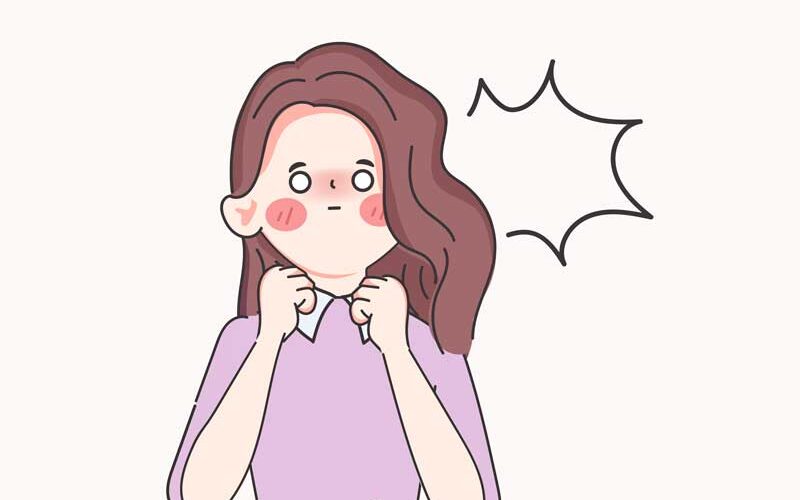What causes déjà vu?
Déjà vu is an unexplained phenomenon that causes a person to feel as though they have seen or experienced what they are witnessing previously, even though they are aware that this has never happened before. Since subsequent studies revealed different results, it was assumed that the earlier understanding was incorrect. It is thought that déjà vu results from a collision between two distinct consciousnesses, or, to put it another way, from broken brain connections that cause misunderstandings. Sometimes, it might be caused by a simple matter of staring at something while distracted or when their vision is obstructed (Blanchfield, 2023).
What can a déjà vu mean?
There is nothing wrong with people who experience déjà vu once in a while, which in fact proves that they are healthy. Although scientists are not yet sure why, déjà vu is more likely to happen to these groups of people:
- those who are politically liberal
- those who travel a lot
- those who remember dreams
- those who are highly educated
- those aging from 15 to 25 years old
- High Income (Blanchfield, 2023).
Even individuals who possess the essential features that make a normal and safe déjà vu more likely to occur only once or twice a year. On the other hand, déjà vu episodes that occur too frequently or are accompanied by headaches or trembling may indicate epilepsy, a neurological condition. A person should see a doctor if they have any or all of the following symptoms:
- experiencing déjà vu several times a month
- followed or accompanied by weird dream-like memories
- losing consciousness or loss of awareness afterwards
- having symptoms such as fumbling around, unconscious chewing, or a racing heart (Masters, 2022).
Different types of déjà vu
There are four main variants of déjà vu, categorized by the reason they happen. Below are the four types of déjà vu experiences:
- The normal déjà vu simply possesses the “normal” symptoms of déjà vu, such as having an inexplicable sense of familiarity, but involves no paranormal. These are usually the cases where a person might seem very familiar but cannot quite tell where they have seen them.
- Paranormal symptoms in déjà vu can also be considered in the range of the standard, non-dangerous déjà vu, though they are experiences that might even seem supernatural. Those experiencing this type of déjà vu might suddenly know what the other person is thinking, know that an object is there even though they have never been there before, or predict what words or actions another person will take.
- The dangerous déjà vu, the pathological type, is related to temporal lobe epilepsy. It can be triggered, or at the very least increases the chances of it happening instead of a normal déjà vu, by having a high stress level. This type of déjà vu is where harmful effects will be shown.
- Finally, a déjà vu can actually be evoked. In the past few years, there have been multiple attempts at artificially recreating the feeling of déjà vu in the laboratory. Stimulation with electrodes during open-brain surgery had modest success, though recently there have been reports that certain drugs could potentially create the sensation of déjà vu (Funkhouser, 2018).
References
(Blanchfield, T.).,2023. What Is Déjà Vu and Why Do We Experience It? [online] Verywell Mind. Available at: https://www.verywellmind.com/what-is-deja-vu-why-do-we-experience-it-5272526 [Accessed 23 Dec. 2023].
(Funkhouser, A.).,2018. Categories and Types. [online] deja-experience-research.org. Available at: https://deja-experience-research.org/types [Accessed 23 Dec. 2023].
(Masters, M).,2022. What Causes Déjà Vu? [online] Health. Available at: https://www.health.com/mind-body/deja-vu-causes [Accessed 23 Dec. 2023].
